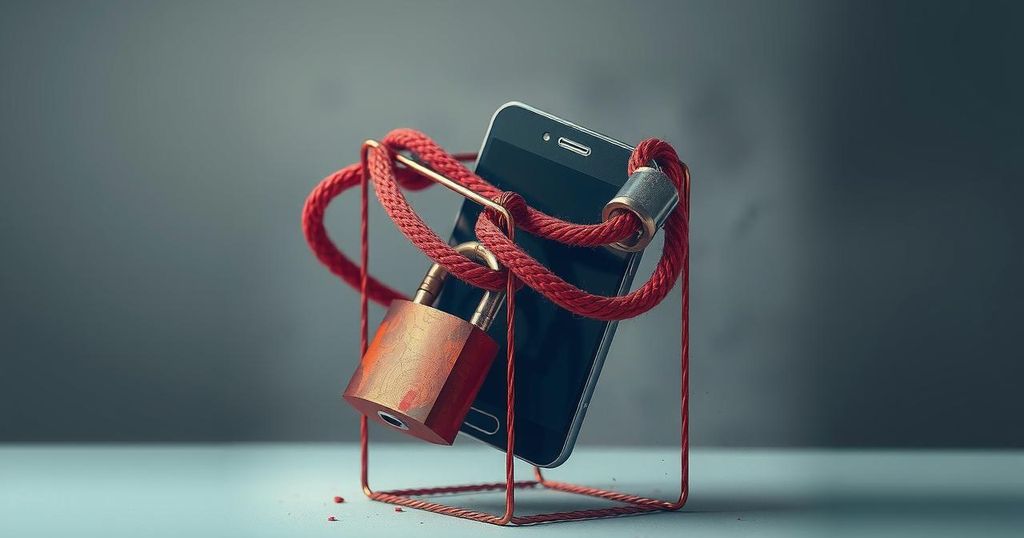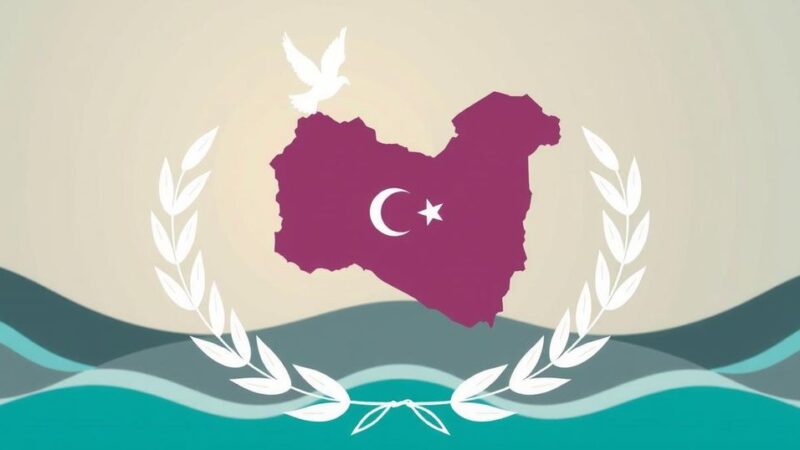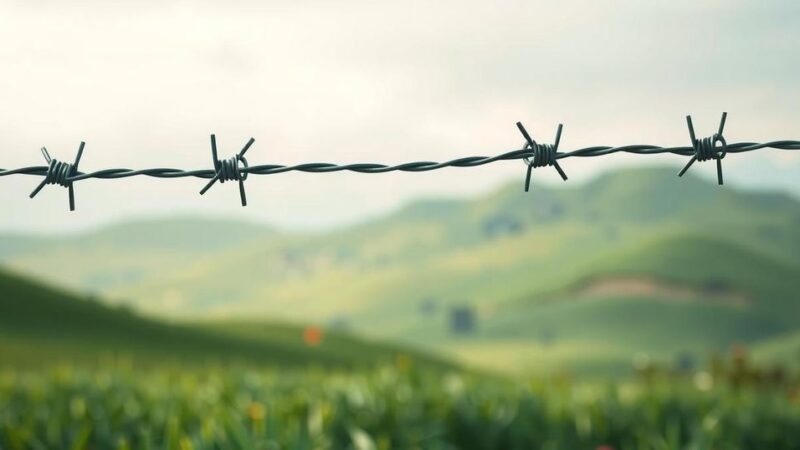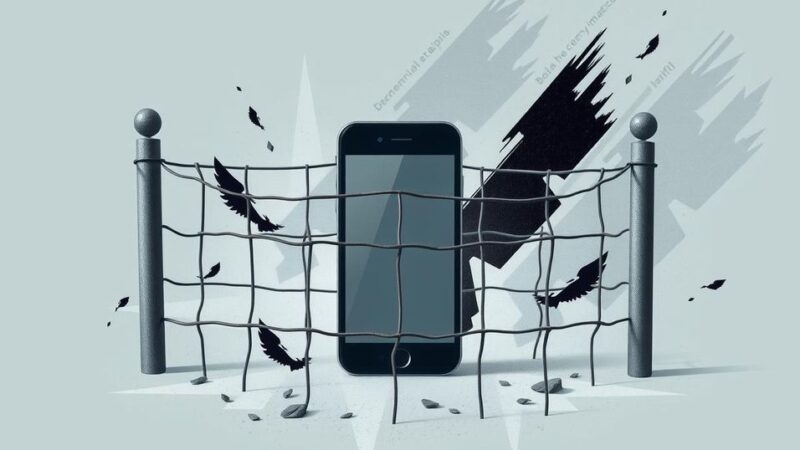Following violent protests in Juba over incidents in Sudan, South Sudan has ordered the blocking of social media platforms for up to 90 days, citing concerns about escalating violence. The protests led to looting and police intervention as the government seeks to ensure public safety amidst ongoing tensions and a nighttime curfew.
The government of South Sudan has mandated internet service providers to restrict access to social media platforms, including Facebook and TikTok, in the wake of violent protests in the capital city of Juba. This directive follows unrest ignited by reports regarding the deaths of 29 South Sudanese individuals in clashes occurring in Sudan, which led to subsequent looting of Sudanese-owned businesses.
The National Communication Authority (NCA) issued the order for the suspension of social media access starting from midnight on January 22, 2025, and this ban may last for up to 90 days. NCA director-general Napoleon Adok Gai stated that the decision was prompted by the “unprecedented levels of extreme violence” showcased in videos circulating on social media platforms.
The protests saw police engaging with protestors, resulting in lethal force being used. This unrest occurred in the aftermath of violent events in Sudan, where graphic footage of attacks against South Sudanese nationals circulated widely. Gai expressed his concern over the impact of such explicit content on public safety and mental health.
Telecommunications companies, including MTN South Sudan, Zain, and Digitel, have confirmed their compliance with the suspension of access to Facebook, TikTok, and their related messaging services. This governmental decision is aligned with a curfew imposed on Juba and a call from President Salva Kiir for peace, even as the curfew remains in place amid reducing tensions.
Since attaining independence in 2011, South Sudan has been grappling with significant political and economic challenges. Concurrently, the ongoing hostilities in Sudan have compelled numerous refugees from South Sudan to return to their countries.
South Sudan has been experiencing severe political and economic instability since its independence in July 2011. The country has faced persistent conflicts, both internally and with neighboring nations, affecting its security situation. The recent turmoil, instigated by events in Sudan, has exacerbated local tensions, leading to protests that prompted government action. The societal impact of social media during crises, particularly regarding the spread of graphic content, raises concerns about public safety and mental health in the region.
The South Sudanese government’s decision to block social media access is a direct response to unrest following violent protests triggered by incidents in Sudan. The suspension aims to mitigate the spread of graphic content that may incite further violence and compromise public safety. As the country continues to navigate political and economic challenges, maintaining order remains paramount to stabilizing the region.
Original Source: newscentral.africa







